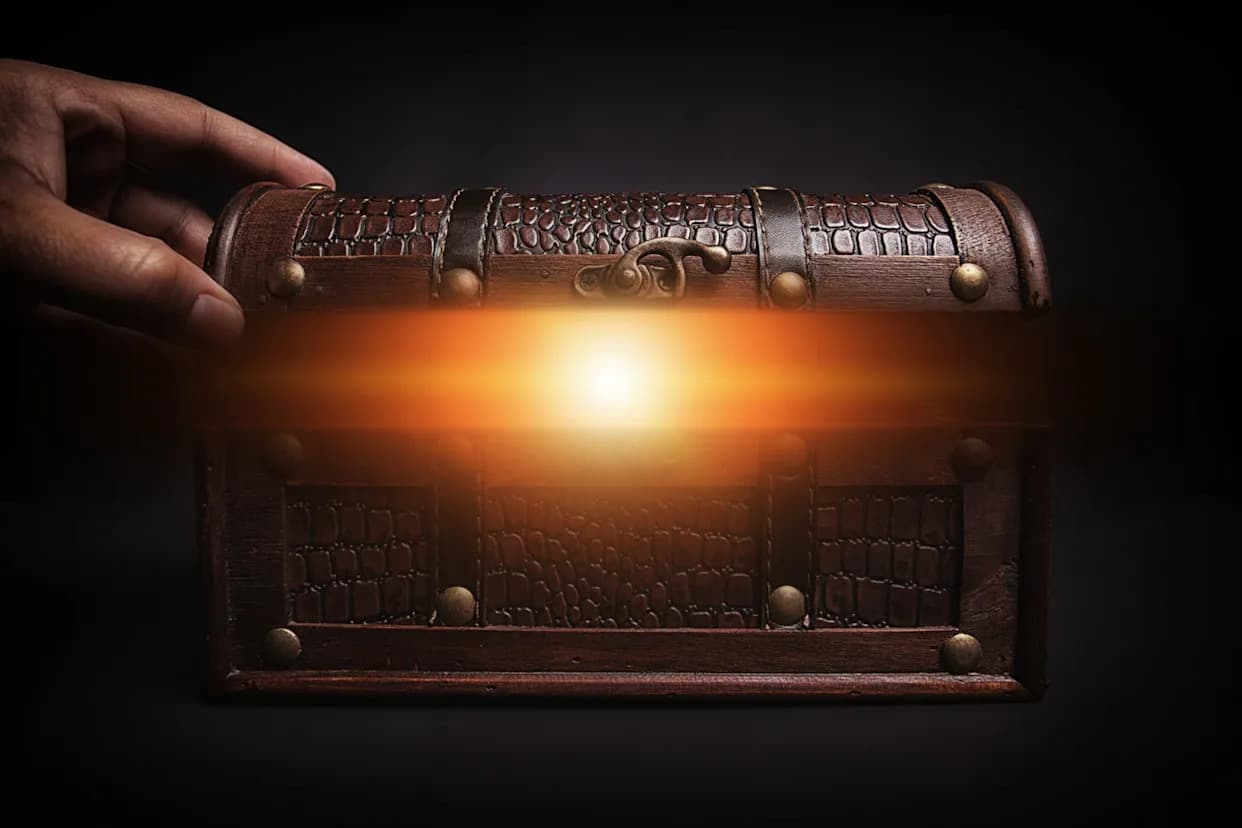The Israel Antiquities Authority announced the discovery of a carved stone wine press at Tel Megiddo dated to about 5,000 years ago — the earliest direct evidence of wine production in the region. Archaeologists link the press to Canaanite ritual activity and found additional religious items, including a small temple model and ceremonial utensils dated to ~3,300 years ago. Excavations across roughly three-fourths of a mile produced artifacts from the early and late Bronze Ages and Cypriot pottery that suggests long-distance contacts. The finds were unveiled at a conference hosted with the University of Haifa.
5,000-Year-Old Stone Wine Press Unearthed at Tel Megiddo — Earliest Direct Evidence of Wine Production in Israel

Ancient wine press discovered at Tel Megiddo
Archaeologists working ahead of a planned highway project in northern Israel have uncovered a carved stone wine press at the Tel Megiddo archaeological site that dates to roughly 5,000 years ago, the Israel Antiquities Authority (IAA) reported. The team described the find as one of the oldest wine presses ever found in the country and the earliest direct evidence of wine production in the region.
The press and its context. Carved into bedrock, the press includes characteristic features used historically for crushing grapes and collecting juice. Excavation directors Dr. Amir Golani and Barak Tzin said the find provides clear, direct evidence that wine was produced locally in this area during the early Bronze Age.
“Until now, only indirect evidence suggested wine production here 5,000 years ago. This wine press is the first clear 'smoking gun' demonstrating early local winemaking,” the excavation directors said.
Religious and cultural links. Archaeologists interpret the press as associated with a Canaanite religious group that occupied the site thousands of years ago. Additional ritual remains found nearby include a model of a small temple and a set of ceremonial utensils dated to about 3,300 years ago.
Broader finds and chronology. The excavations, which covered roughly three-fourths of a mile, yielded artifacts spanning multiple periods, notably the early Bronze Age (circa 3300–3000 BCE) and the late Bronze Age (circa 1550–1400 BCE). Excavators also uncovered residential structures near the press, ritual vessels, and imported pottery from Cyprus — evidence of long-distance connections and shared ritual practices.
Public presentation. The newly recovered objects were presented at an annual conference on innovations and research in Israeli excavations organized by the Israel Antiquities Authority together with the School of Archaeology and Maritime Civilizations at the University of Haifa.
Significance. The discovery at Tel Megiddo deepens understanding of early agricultural and ritual practices in the Levant and provides tangible proof that wine production was part of local economic and ceremonial life much earlier than previously confirmed.
Help us improve.




























